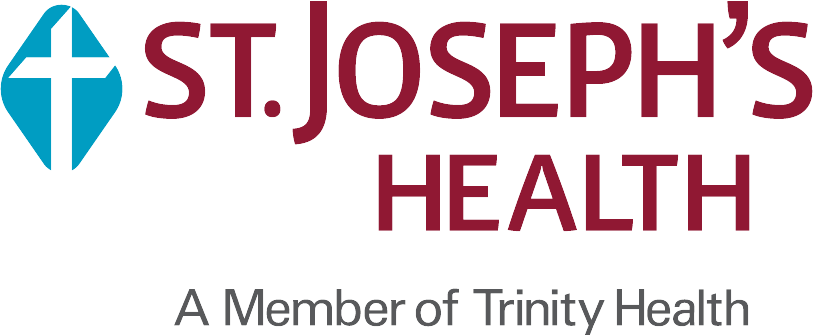St. Joseph’s Health Joins Efforts to Reduce Social Injustice of Aggressive Marketing of Menthol Cigarettes to Particular Communities
September 27, 2024SYRACUSE, N.Y.— The CNY Regional Center for Tobacco Health Systems at St. Joseph’s Health is throwing its support behind the New York State Department of Health’s (NYS DOH) report, “Menthol is Not Just a Flavor: Aggressive Marketing to Racial and Ethnic Minorities and Lower Income Communities Fuels Persistent Disparities in Menthol Cigarette Use.”
The report pooled data from 2021 and 2022 and shows persistent disparities in the use of menthol cigarettes.
“The tobacco industry aggressively markets its deadly menthol products to the Black community, the LGBTQIA+ community, women, youth, and people living in urban and lower-income communities,” State Health Commissioner Dr. James McDonald said. "Smoking causes long-term disease and disability, as well as premature death, so we must continue to address the harmful impact commercial tobacco has on our communities as well as the predatory methods used to target them.”

Menthol is a chemical found in peppermint and other mint plants that provides a cooling sensation that masks the harshness of smoking. According to NYS DOH, decades of research show menthol cigarettes are easier to start, more addictive, and can be more difficult to quit.
“It is unjust for tobacco companies to market these products to specific communities with the intention of causing addiction,” said Kristen Richardson, RN, CTTS, Director of the CNY Regional Center for Tobacco Health Systems at St. Joseph’s Health and Director, Tobacco Free Communities Delaware, Otsego & Schoharie. “These addictions lead to disproportionate rates of death and disease in these groups. It needs to stop, and our programs can help.”
Health Systems can support providers by increasing equitable access to evidence-based cessation resources, including counseling and medication while emphasizing culturally sensitive quit coaching. Tobacco Free Communities works to educate and mobilize community residents to be support policies that promote a tobacco-free norm in New York.
The New York State Smokers’ Quitline at 1-866-NY-QUITS (1-866-697-8487), or http://www.nysmokefree.com, provides free, confidential services, including information, tools, quit coaching, support in both English and Spanish, and free Nicotine Replacement Therapy (NRT), such as patches and gum.
The Quitline also provides resources for people to learn more about menthol, including how menthol affects African American, LGBTQIA+, and Hispanic or Latinx communities as well as tools to help quit menthol tobacco products.
About St. Joseph’s Health
St. Joseph’s Health, a non-profit health care system in Syracuse, NY, has been a trailblazer in the field since 1869, when it became the city’s first public hospital. Its commitment to exceptional care is evident in a network of primary, specialized, and partner care facilities, providing a range of services to promote long-term health in the communities we serve. St. Joseph’s has been ranked by Consumer Reports among the top 15 heart surgery centers in the country, is a designated Primary Stroke Center, and is consistently named a Best Regional Hospital and #1 in the Syracuse Metro area by US News and World Report. St. Joseph’s Health is dedicated to excellence, innovation, and compassionate patient care. From pioneering ambulance services in Syracuse to being the first in Central New York to use DaVinci robotic surgery technology in an outpatient facility, St. Joseph’s legacy of firsts demonstrates its ongoing commitment to leading medical advancements. Affiliated with St. Joseph’s Physicians and a member of Trinity Health, St. Joseph’s Health is your trusted partner in health, combining a rich history with a forward-thinking approach to ensure the health and well-being of our communities.
About Trinity Health
Trinity Health is one of the largest not-for-profit, Catholic health care systems in the nation. It is a family of 115,000 colleagues and nearly 26,000 physicians and clinicians caring for diverse communities across 25 states. Nationally recognized for care and experience, the Trinity Health system includes 88 hospitals, 131 continuing care locations, the second largest PACE program in the country, 125 urgent care locations and many other health and well-being services. Based in Livonia, Michigan, its annual operating revenue is $20.2 billion with $1.2 billion returned to its communities in the form of charity care and other community benefit programs.
